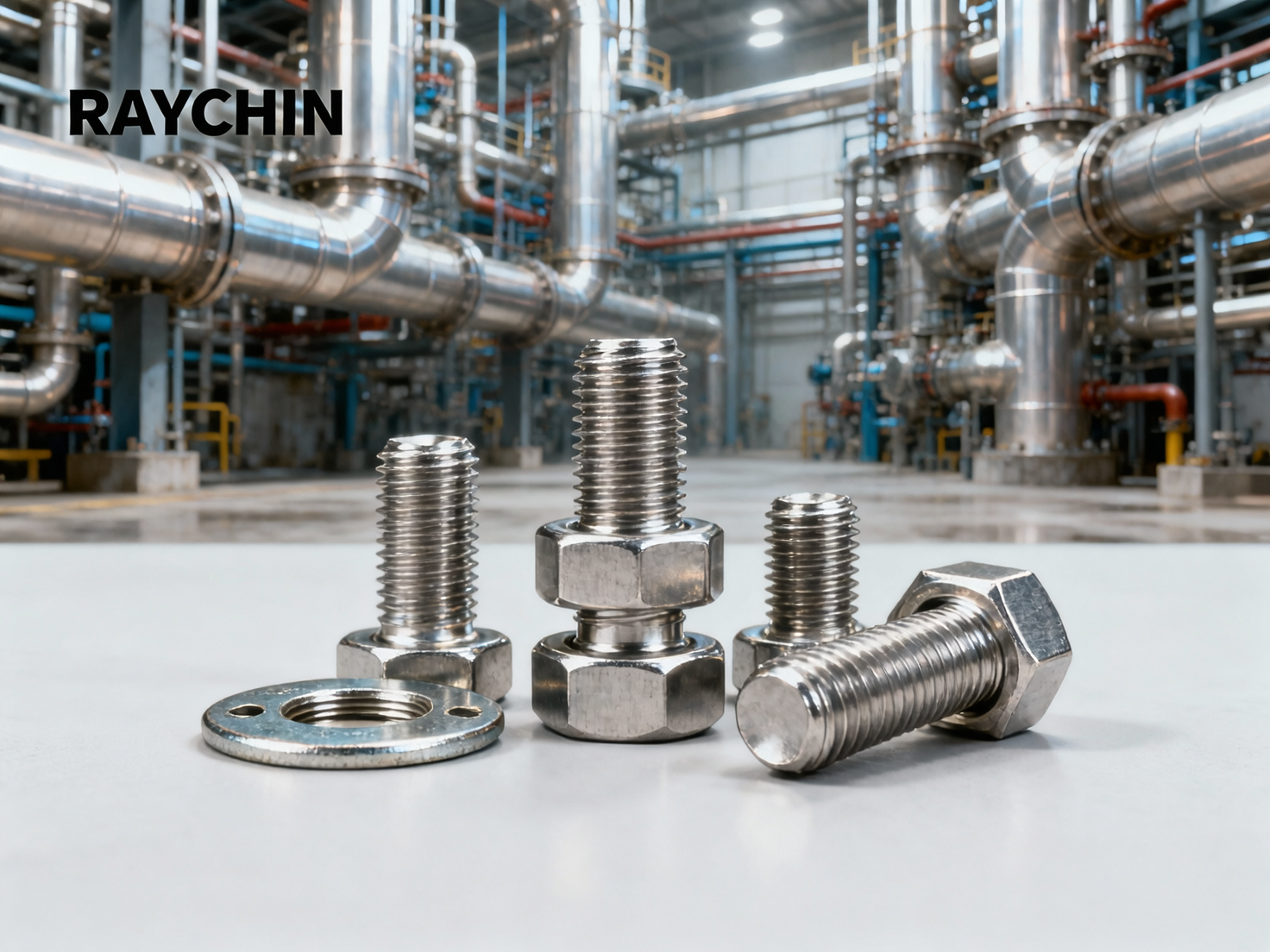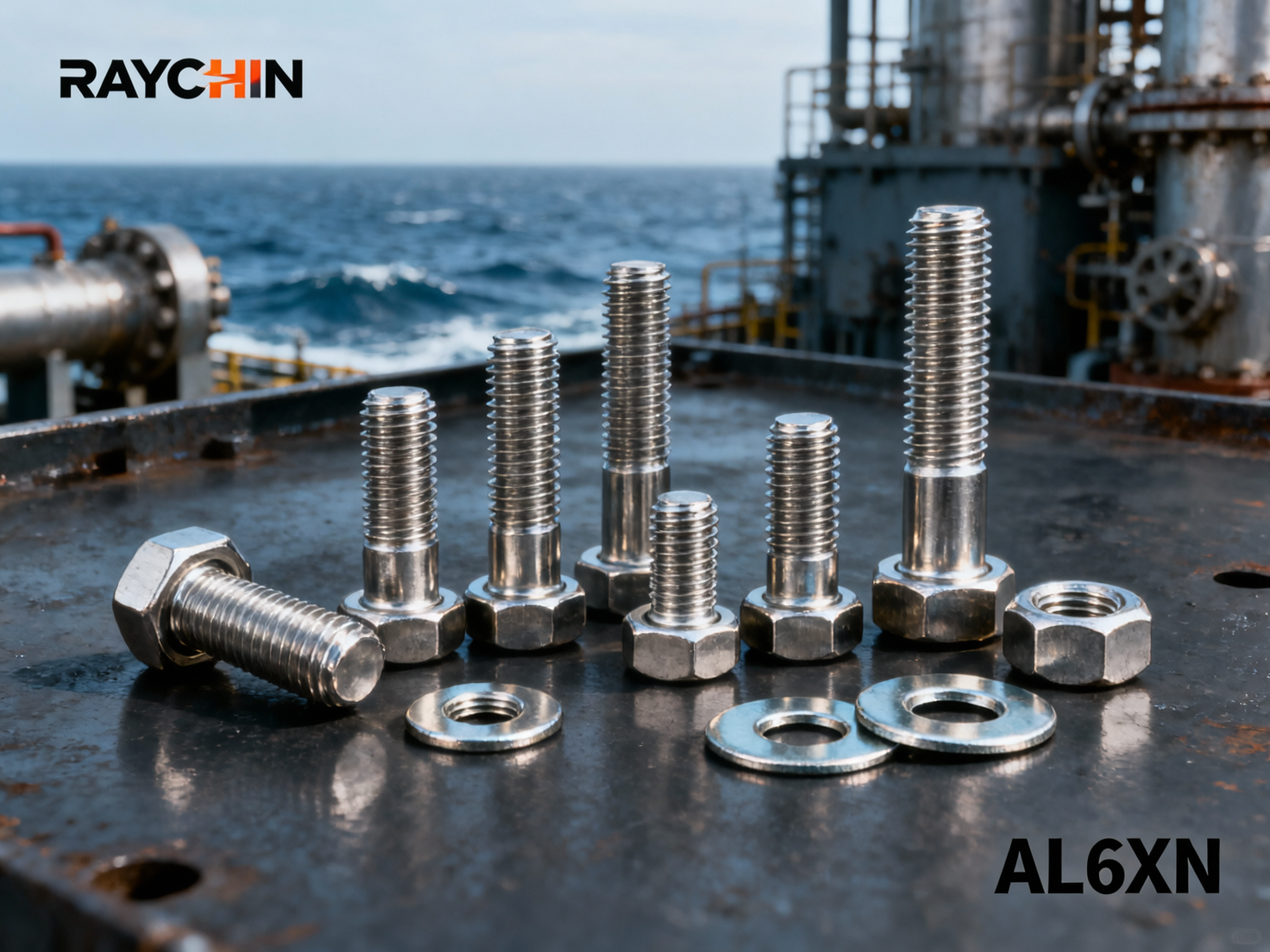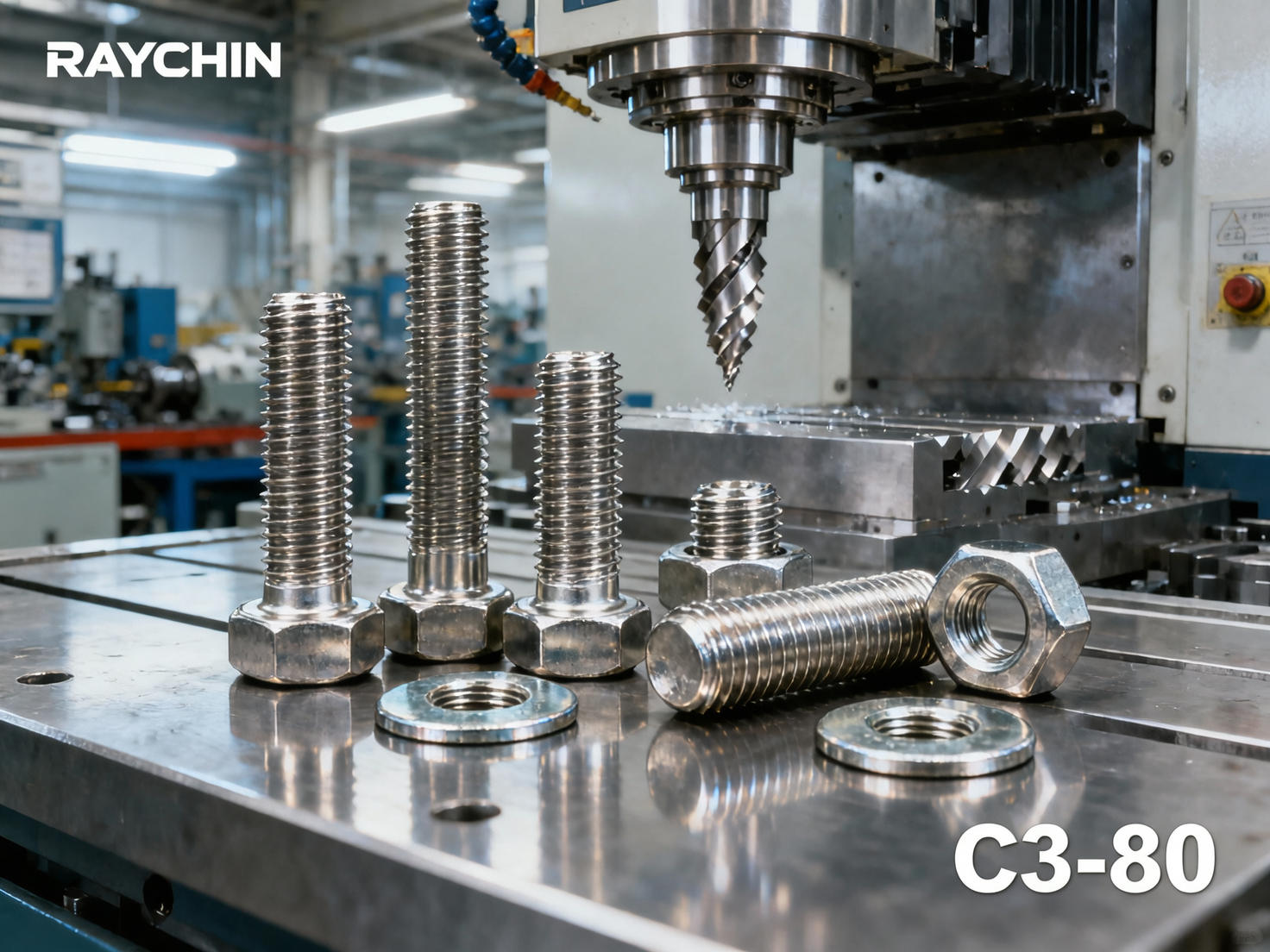Categories List
Recent Posts
![Duplex Stainless Steel Fasteners: The Guide to High-Strength Corrosion-Resistant Fastening Solutions Duplex Stainless Steel Fasteners: The Guide to High-Strength Corrosion-Resistant Fastening Solutions]() Duplex Stainless Steel Fasteners: The Guide to High-Strength Corrosion-Resistant Fastening Solutions
Duplex Stainless Steel Fasteners: The Guide to High-Strength Corrosion-Resistant Fastening Solutions![AL6XN Fasteners: The Guide to Super-Austenitic Stainless Steel Solutions for Severe Chloride Environments AL6XN Fasteners: The Guide to Super-Austenitic Stainless Steel Solutions for Severe Chloride Environments]() AL6XN Fasteners: The Guide to Super-Austenitic Stainless Steel Solutions for Severe Chloride Environments
AL6XN Fasteners: The Guide to Super-Austenitic Stainless Steel Solutions for Severe Chloride Environments![C3-80 Fasteners: The Complete Guide to Martensitic Stainless Steel Solutions for General Corrosion Resistance C3-80 Fasteners: The Complete Guide to Martensitic Stainless Steel Solutions for General Corrosion Resistance]() C3-80 Fasteners: The Complete Guide to Martensitic Stainless Steel Solutions for General Corrosion Resistance
C3-80 Fasteners: The Complete Guide to Martensitic Stainless Steel Solutions for General Corrosion Resistance
Key Industrial Applications of Nickel Alloys in Aerospace and Power Generation
Nickel alloys have become an important material in many industries, especially those that require superior strength, corrosion resistance, and performance in extreme temperatures. Two industries that rely heavily on the properties of these alloys are aerospace and power generation. Explore how these alloys contribute to these fields, why they are preferred over other materials, and what makes them ideal for high-stress, high-temperature applications.
What is unique about nickel alloys?
Nickel alloys are engineering metals composed primarily of nickel, with other elements such as chromium, molybdenum, and iron added to enhance specific properties. This unique composition makes these alloys extremely resistant to oxidation, corrosion, and extreme temperatures. As a result, they are widely used in applications where traditional materials such as stainless steel may fail.
Key Features:
High Temperature Resistance: Nickel alloys retain their strength and stability at temperatures exceeding 1000°C.
Corrosion Resistance: These alloys are highly resistant to corrosion in both acidic and alkaline environments.
Durability: Nickel alloys exhibit long-lasting durability even under sustained high-stress conditions.
Role of Nickel Alloys in Aerospace
1. Jet Engines
One of the most critical applications of these alloys in aerospace is in jet engines. Nickel-based superalloys are used for turbine blades, disks, and other components that are exposed to extreme temperatures and pressures during flight. These materials need to withstand temperatures in excess of 1,000°C while maintaining their mechanical properties. These alloys have excellent heat resistance and resistance to thermal fatigue, making them ideal for this purpose.
2. Aircraft Fusels and Components
In addition to jet engines, nickel alloys are used in a variety of structural components of aircraft. Their high strength-to-weight ratio and corrosion resistance make them ideal for parts such as exhaust systems, hydraulic lines, and landing gear. In addition, their high-temperature resistance improves fuel efficiency and extends engine life.
Nickel Alloys in Power Generation
1. Gas Turbines
Nickel alloys are indispensable in power generation, especially in gas turbines. Gas turbines operate at high temperatures to efficiently convert fuel into energy, and the components within these turbines must withstand prolonged exposure to heat and pressure. The excellent thermal stability of these alloys helps turbines maintain performance while reducing wear, thereby increasing the overall efficiency of the power plant.
2. Nuclear Reactors
Nickel alloys also play a vital role in the nuclear power industry. In nuclear reactors, components are exposed to high levels of radiation and corrosion, and the materials must be extremely durable. These alloys are corrosion-resistant and can maintain strength even after long-term radiation exposure, so they can be used in reactor cores, steam generators, and heat exchangers.
Advantages of Nickel Alloys in Aerospace and Power Generation
1. Long Life and Durability
Nickel alloys are known for their ability to maintain structural integrity for a long time, even when exposed to harsh environments. This means that components have a longer service life and reduce the need for frequent replacement and maintenance.
2. Improved Efficiency
In aerospace and power generation, efficiency is key. Nickel alloys allow engines and turbines to operate at higher temperatures, helping to improve fuel efficiency. Their ability to withstand extreme heat means that systems can operate at peak performance for longer, making them more energy-efficient.
3. Safety and Reliability
Both industries require the highest levels of safety and reliability. Nickel alloys have high resistance to corrosion, oxidation, and mechanical wear, ensuring that critical components remain safe and reliable under extreme conditions. This is critical for industries where failure can have catastrophic consequences. Nickel alloys are indispensable in the aerospace and power generation industries due to their unparalleled ability to withstand extreme temperatures, corrosion, and mechanical stress. Whether it’s the turbine of a jet engine or the heart of a nuclear reactor, they ensure performance, reliability, and safety. As the demand for more efficient and durable materials continues to grow, alloys will continue to be at the forefront of technological advancements in these key industries.
Frequently Asked Questions (FAQ)
Q1: Why are nickel alloys used in aerospace applications?
A1: These alloys are used in aerospace because they maintain strength at high temperatures, resist corrosion, and provide long-term durability, especially in highly stressed components such as jet engines.
Q2: Why are nickel alloys suitable for power generation?
A2: These alloys have high resistance to heat, oxidation, and corrosion, making them ideal for power generation and well suited for use in gas turbines and nuclear reactors.
Q3: How do nickel alloys improve efficiency in these industries?
A3: By allowing turbines and engines to operate at higher temperatures, these alloys improve fuel efficiency and reduce maintenance, thereby improving overall system performance.
Request A Quote! We'll respond as soon as possible(within 12 hours)
Get a Quote



